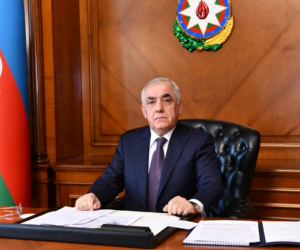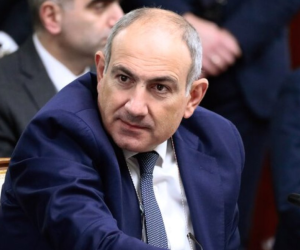Russia targets Moldova and Azerbaijan with disinformation campaigns

Russia has intensified disinformation operations against Moldova and Azerbaijan, using fake accounts, AI-generated content and coordinated social media activity to undermine political stability, officials and analysts say.
In Azerbaijan, parliament’s commission on hybrid threats reported large-scale anti-Azerbaijani campaigns launched from Russian territory, involving anonymous YouTube channels and fake social media pages attacking the country’s sovereignty.
Moldova has faced similar pressure ahead of its Sept. 28 parliamentary elections. The New York Times reported that the rollback of U.S. disinformation countermeasures after Donald Trump’s return to the White House has allowed the Kremlin to dominate Moldova’s information space.
WatchDog identified more than 900 Russia-linked accounts, while TikTok shut down a network of 314 profiles with over 100,000 followers. Moldovan police say they register hundreds of new accounts daily. Deutsche Welle also documented systematic attacks, including the use of fake media brands to discredit President Maia Sandu.
Alongside online manipulation, Russia has been accused of funding protests, buying votes via the Taito app, launching cyberattacks and even sending missiles and drones through Moldovan airspace to heighten fear.
EU officials warn that Moscow seeks to block Moldova’s integration into European structures, while also exploiting the Orthodox Church for influence. Analysts say the same hybrid playbook is now visible in Azerbaijan, aimed at weakening democratic institutions and creating instability.




































 Photo
Photo 



 Video
Video 

